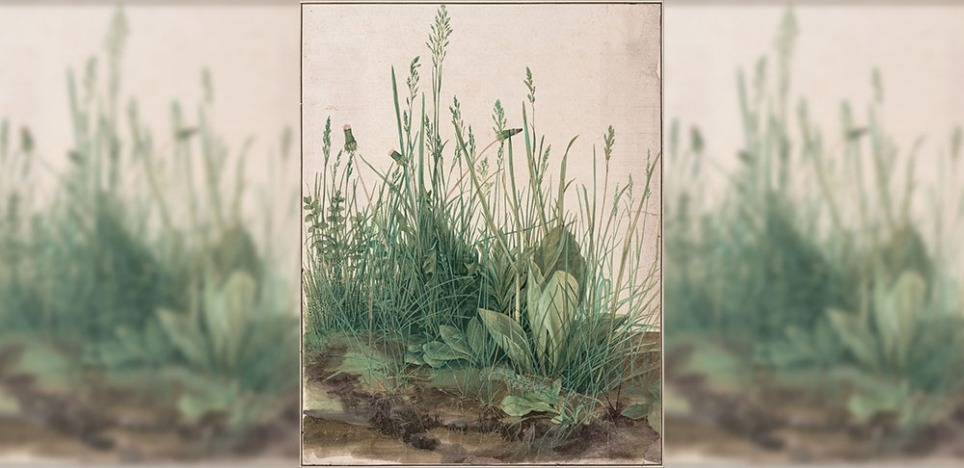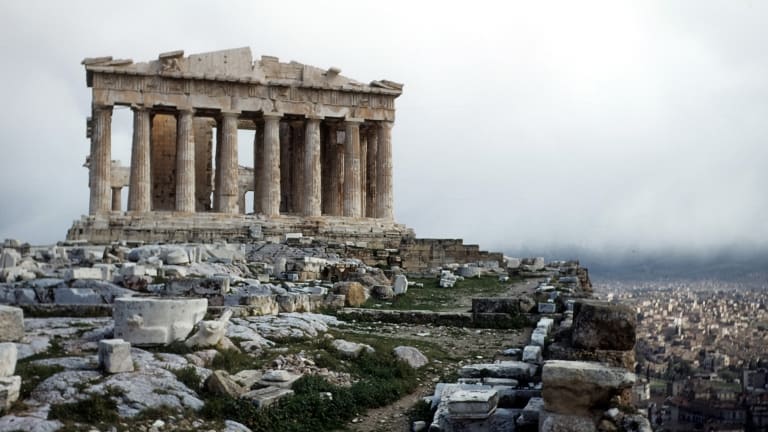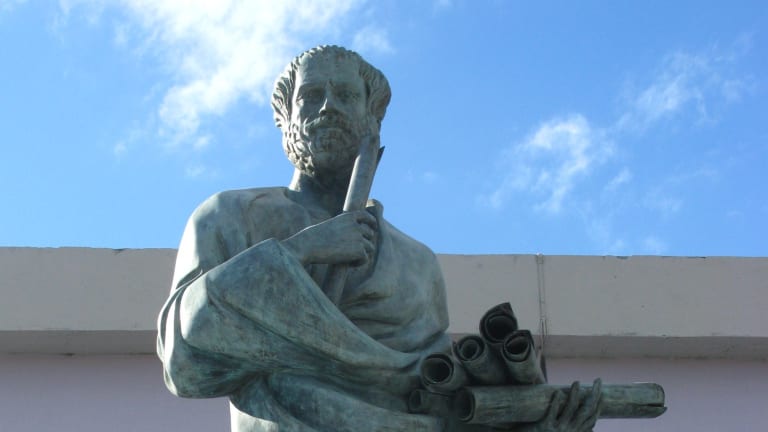Written by Van Bryan, Contributing Writer, Classical Wisdom Sometimes, late at night when we can hear the ocean outside our window, we wonder what the ancients would think of us… Would they be proud? Amused? Perplexed? Surely, we imagine, we won’t repeat ALL the mistakes of our classical forebearers. Somebody must have read Aristotle, Cicero,






